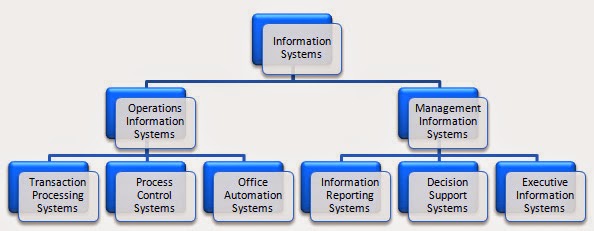Information use is a dynamic, interactive social process of inquiry that may result in the making of meaning or the making of decisions. The inquiry cycles between consideration of parts and the whole, and between practical details and general assumptions. Participants clarify and challenge each other’s representations and beliefs. Choices may be made by personal intuition, political advocacy, as well as by rational analysis.
Managers as information users, for example, work in an environment that has been described as information ally overloaded, socially constrained, and politically laden. As new information is received and as the manager reflects and acts on the problem situation, the perception of the situation changes, giving rise to new uncertainties. The problem situation is redefined, the manager seeks new information, and the cycle iterates until the problem is considered resolved in the manager’s mind.
The organization’s information structures and processes will have to be as open, flexible, and vigorous as the processes of inquiry and decision making they support. Information managers and specialists should be participants in decision processes so that they have a first-hand understanding of the information needs that emerge as the process unfolds and the extent that these needs are satisfied.
In organizational learning, information is used by individuals to create knowledge, knowledge not just in the sense of data and facts, but knowledge in the form of representations that provide meaning and context for purposive action.
People in organizations therefore behave as sense makers who use information in action (Weick 1979), and information use becomes a hermeneutic process of inquiry, in which understanding is realized through interpretation and dialogue (Winograd and Flores 1987, Boland et al 1994). The theory of hermeneutics (Gadamer 1975) describes the interpretive process by which an individual gives meaning to organizational experience, while the theory of inquiring systems (Churchman 1971) describes how a community of inquirers builds and test knowledge through dialogue.
The hermeneutic interpretive process is interplay of the part and the whole in a hermeneutic circle (Gadamer 1975): we depend on our comprehension of the whole to identify and understand the parts, but at the same time, we depend on our knowledge of the parts to validate our comprehension of the whole (Boland et al 1994). As a result, we continually move back and forth between theory and details, and between vision and specifics, in our attempt to construct interpretations.
How is the validity of these interpretations to be judged? Churchman (1971) portrays human inquirers as producers of knowledge who test their interpretations through dialogue and debate. In a community of inquirers, individuals see the same situation through different weltanschauung shaped by their beliefs and values. Inquiry then proceeds by vigorous debate as thesis and antithesis confront each other.
The inquiry changes its direction and style frequently as new concepts and elements are introduced from outside the presently accept ways of understanding a situation. Like the hermeneutic circle, there is constant movement between views of a situation that simplify and views that complicate, between close-up examination of details and reflection about general assumptions, categories and concepts (Boland et al 1994).
Organizational information continuously vacillates between the fine-grained and the broad-brushed, between components and the whole, between immediate instances and general policies. In the act of knowledge creation, organizational information weaves through layers of tacit, rule-based, and background knowledge that stitch the cognitive fabric of the organization.
In summary, information use for the making of meaning and understanding requires information processes and methods that provide for a high degree of flexibility in information representation and that facilitate the vigorous exchange and evaluation of multiple representations among individuals. Labeling or naming of concepts and categories has to be relevant to the users’ interpretive discourse, and be flexible and easy to change. Information is needed about specific events and instances as well as about new theories and frameworks that dispute current norms and beliefs. Assumptions made should be surfaced for review. Information is to be shared easily but without loss of cognitive richness.
Through the exchange and interpretation of information, the organization blends its tacit and explicit knowledge to extract new meanings for action. http://www.InfosDemocracy.com

No comments:
Post a Comment
Prince S. Eric John is an author and a well known expert in the direct response copywriting & digital marketing Industry, committed to teaching people real online and offline marketing strategies that drives traffic and generates sales!
Leave Your comment below and See how I can assist you with any request